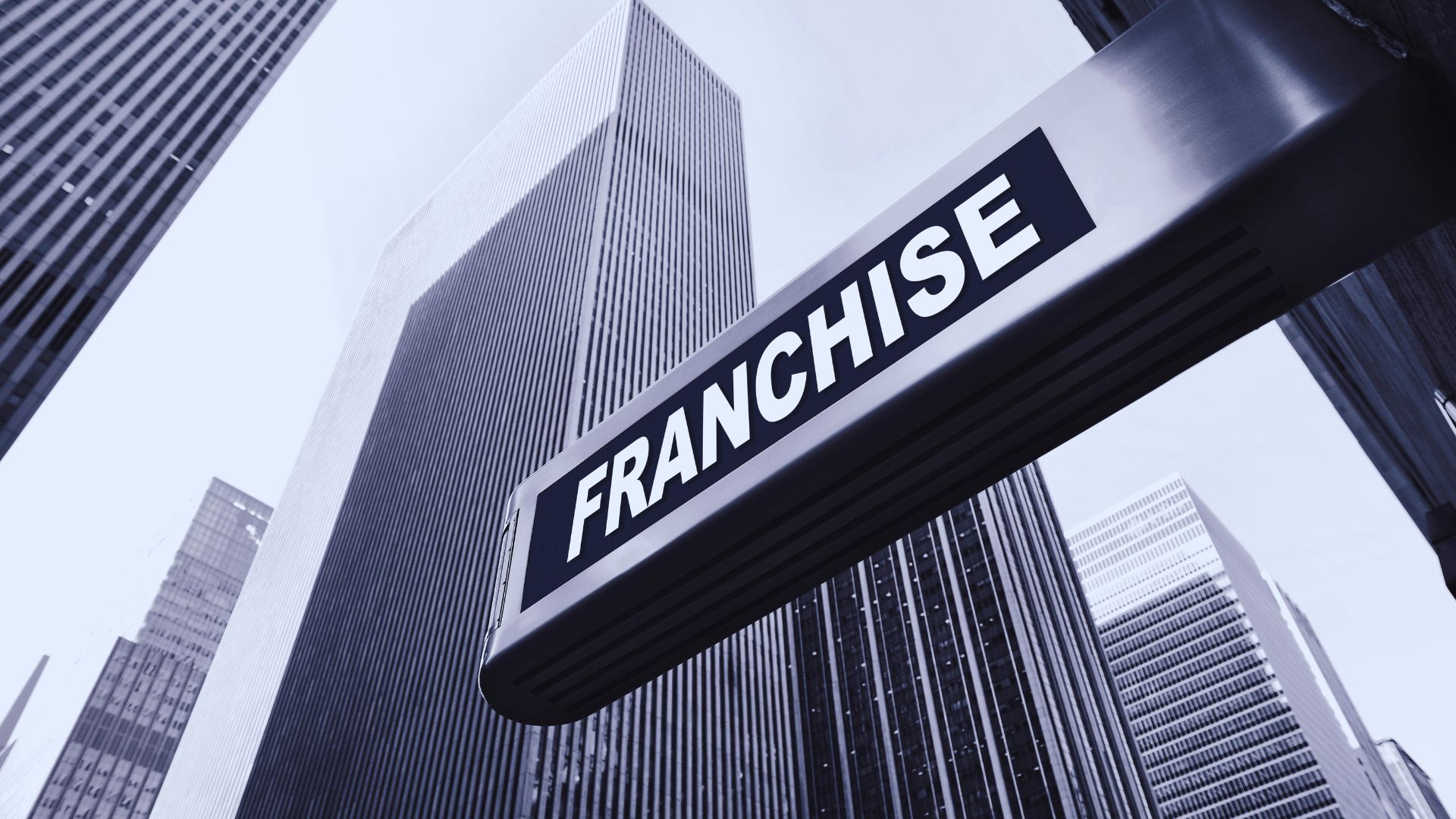Image created with canva
Franchising your restaurant isn’t just about scaling, it’s about transforming a proven local business into a powerful, revenue-generating brand with national or even global reach. In this article, Gary Occhiogrosso breaks down the strategic benefits of turning your restaurant into a franchise, from leveraging franchisees for expansion and improving economies of scale to commanding higher EBITDA multiples from private equity firms. Discover why franchising can unlock exponential growth and why partnering with an experienced firm like Franchise Growth Solutions, with 40+ years of expertise and hundreds of franchise success stories, is the smartest move you can make.
THE BENEFITS OF TAKING YOUR RESTAURANT
By Gary Occhiogrosso, Founder Franchise Growth Solutions ™️
Transforming your restaurant into a franchise brand can be a strategic move to accelerate growth, enhance brand recognition, and optimize operational efficiencies. By franchising, you leverage the entrepreneurial spirit of franchisees to expand your footprint without bearing the full financial and managerial burdens of opening new locations.
Proven Business Model
Franchising allows you to replicate a successful business model across multiple locations. Franchisees adopt your established systems, recipes, and operational procedures, ensuring the consistency and quality that customers expect. This replication reduces the risks of opening new outlets, as the model has already been tested and refined.
Rapid Expansion with Reduced Capital Investment
Expanding through franchising enables growth without requiring substantial capital investment from the franchisor. Franchisees provide the necessary funds to open and operate new locations, allowing for quicker market penetration and brand presence. This strategy accelerates expansion while mitigating financial risk.
Enhanced Brand Recognition
Each new franchise location serves as a beacon for your brand, increasing visibility and fostering customer loyalty. As the number of outlets grows, so does public awareness, which can lead to a stronger market position and a competitive edge over independent establishments.
Economies of Scale
A larger network of restaurants can negotiate better terms with suppliers due to increased purchasing power. Lower inventory costs benefit all franchisees, leading to improved profit margins and a more robust bottom line. Additionally, shared marketing expenses across the franchise system can result in more effective advertising campaigns at a reduced per-unit cost.
Comprehensive Training and Support
Franchisors typically provide extensive training programs to ensure franchisees understand the business model, operational procedures, and customer service standards. Ongoing support helps maintain consistency across locations and assists franchisees in overcoming challenges, contributing to the overall success of the brand.
Increased Revenue Streams
Franchising introduces new revenue channels through initial franchise fees and ongoing royalties based on sales. These funds can be reinvested into the business to support further growth initiatives, research and development, and enhanced support systems for franchisees.
Local Market Penetration
Franchisees often possess in-depth knowledge of their local markets, enabling them to tailor marketing efforts and community engagement strategies effectively. This localized approach can lead to increased customer satisfaction and loyalty, as the restaurant resonates more closely with the community’s preferences and values.
Higher EBITDA Multiples from Private Equity Exits
One of the most overlooked, but powerful, financial advantages of building a franchise brand is the increased valuation multiple at the time of sale. Private equity firms are drawn to franchise companies because of their asset-light structure, recurring royalty revenue, and scalable business model.
Independent restaurant groups might sell at a 3x to 5x multiple of EBITDA (Earnings Before Interest, Taxes, Depreciation, and Amortization). In contrast, well-run franchisors often command multiples ranging from 8x to 15x EBITDA, and in some cases even higher, depending on unit count, system-wide sales, franchisee validation, and brand strength. This means franchisors are positioned to create significantly more enterprise value and attract institutional buyers who see predictable cash flow and growth potential.
Ready, Set, GO!
When you’re ready to take the leap and transform your restaurant into a franchise brand, choosing the right partner can make all the difference. Franchise Growth Solutions ™️ brings over 40 years of hands-on experience in franchise development, operations, and sales. With hundreds of successful franchises launched under our belt, we know what it takes to build, scale, and position your brand for long-term success. From assisting you with your Franchise Disclosure Document (FDD) to designing your franchise sales process and building your national presence, our team of seasoned experts works with you every step of the way. If you’re serious about growth and want to do it right, Franchise Growth Solutions™️ is the team to trust.
Sources:
- https://franchise.teriyakimadness.com/franchise-blog/advantages-of-franchising
- https://www.lightspeedhq.com/blog/franchise-restaurants
- https://penn-station.com/franchise/restaurant-franchise
- https://restaurantengine.com/pros-cons-running-franchise-restaurant
- https://www.escoffier.edu/blog/food-entrepreneurship/restaurant-franchising-a-brief-guide-and-opportunities
- https://www.entrepreneur.com/article/426451
- https://www.franchisetimes.com/news/private-equity-in-franchising/article_c31946e6-0ac7-11ee-9df1-d76a61ea9c7c.html
This article was researched, outlined and edited with the support of A.I.


